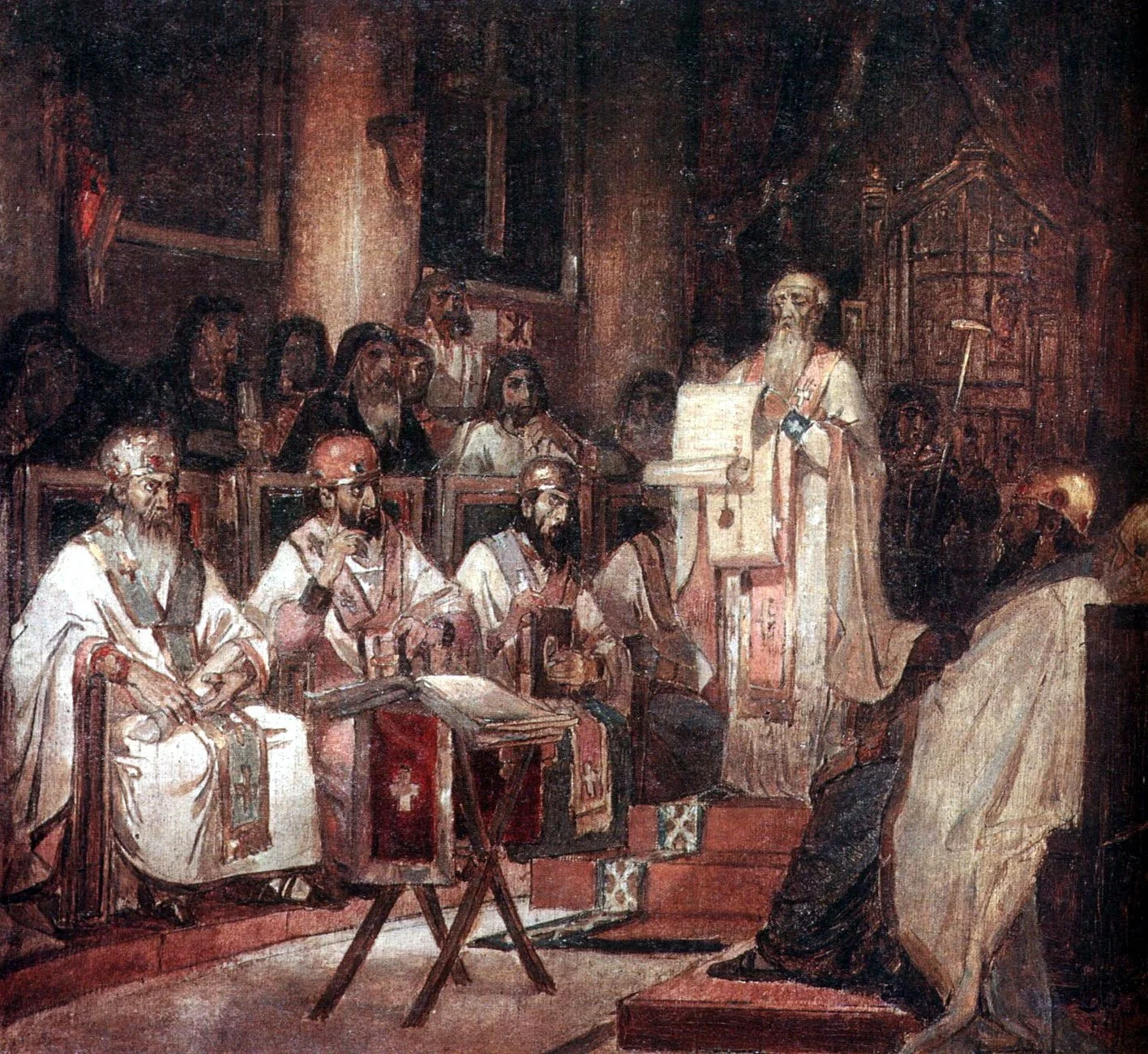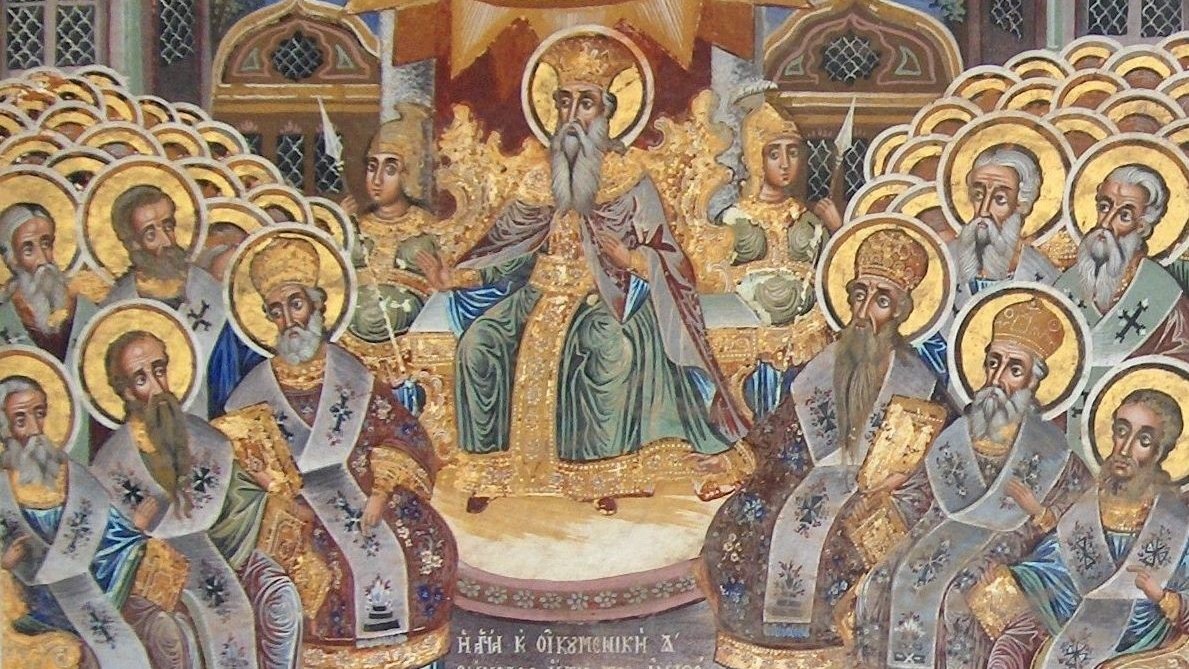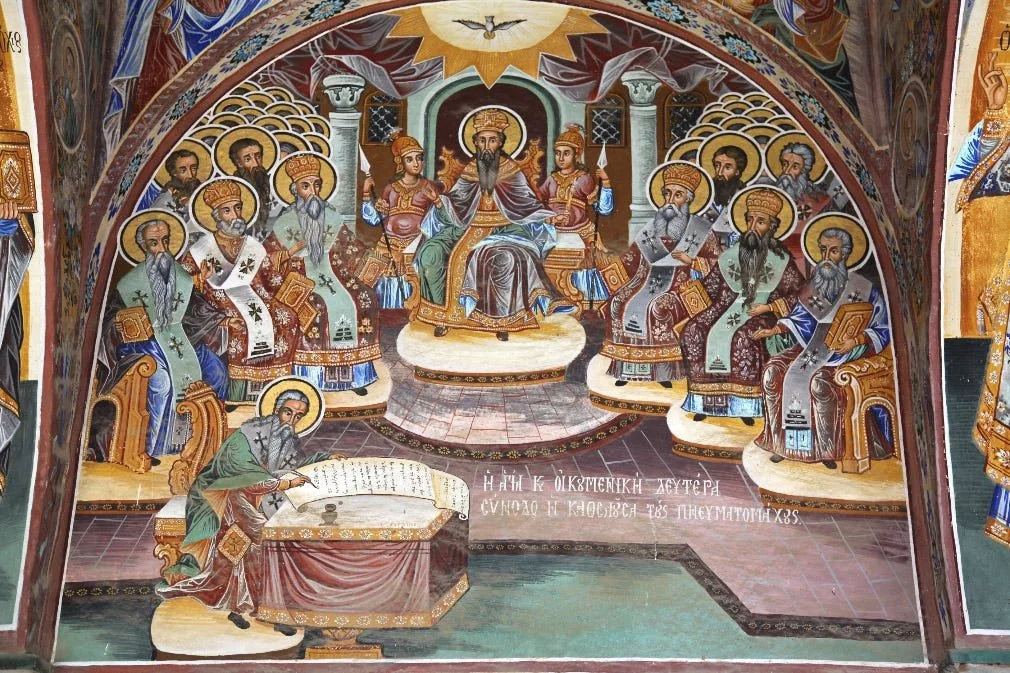At this point, the councils are picking up steam, the Council of Chalcedon or the fourth Ecumenical Council being the largest of the first four meetings.
By the time the fourth Ecumenical Council, also known as the Council of Chalcedon, began in 451, the idea of a unified Christianity is put to the test. The primary intent of the meeting was to resolve the controversy over the nature of Christ. Specifically, the council sought to determine whether Christ was one divine person with two distinct natures (one fully human and one fully divine) or whether he was two separate persons, one divine and one human.
After much debate, the council adopted a statement that affirmed Christ was "perfect in divinity and perfect in humanity, truly God and truly man, consisting of a rational soul and a body." It also declared that the two natures of Christ were "without confusion, without change, without division, and without separation."
Even though this definition wasn't universally accepted at the time, it marked a turning point for Christianity and to this day stands as a pillar of the Christian faith.







